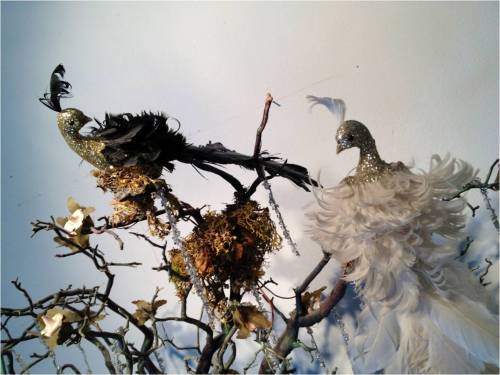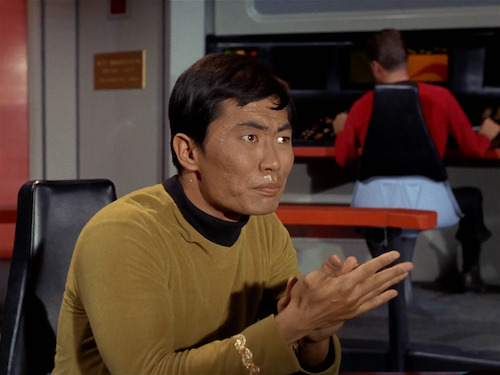#this side of paradise
“I never fall in love in August or September,” he proffered.
“When then?”
“Christmas or Easter. I’m a liturgist.”
“Easter!” She turned up her nose. “Huh! Spring in corsets!”
“Easter would bore spring, wouldn’t she? Easter has her hair braided, wears a tailored suit.”
“Bind on thy sandals, oh, thou most fleet. Over the splendor and speed of thy feet”
quoted Eleanor softly, and then added: “I suppose Hallowe'en is a better day for autumn than Thanksgiving.”
“Much better and Christmas eve does very well for winter, but summer…”
“Summer has no day,” she said. “We can’t possibly have a summer love. So many people have tried that the name’s become proverbial. Summer is only the unfulfilled promise of spring, a charlatan in place of the warm balmy nights I dream of in April. It’s a sad season of life without growth…. It has no day.”
Post link
Kudos to MC SuperDuperNova (aka Jeff) for spotting that the planet in This Side of Paradise is orbiting Mira (aka Omicron Ceti). This is a really neat star, and also very weird.
Mira is about the same mass as the Sun and so would once have looked very similar, but it’s approaching the end of its life and has swollen up into a red giant. It’s not impossible for a red giant to host habitable planets, but it’s complicated. Back when it was a regular (what we call ‘main sequence’) star like the Sun, its habitable planet(s) would have been at around the same distance the Earth is from the Sun; this is where the temperature is exactly right to have liquid water. As the star swelled up, though, a planet at that distance would become far too hot (in fact, it might even be swallowed by the star), and you would need to be at about twice the distance of Pluto in order to be habitable.
As it happens, there was no life on Omicron Ceti III before the colonists in this episode arrived a few years ago, so it is entirely possible that this was once a frozen planet on the edge of a solar system that has only recently (in astronomical terms) become habitable. It’s juuuuust plausible for the star to have been at this stage for long enough for life to evolve, so the fact that there’s abundant plant life when the colonists show up just scrapes a pass.
So far, so good… but there’s more. Mira isn’t just a red giant, it pulsates. This means it grows brighter and dimmer with time, and it’s brightness changes by a factor of about 1,000. Each cycle is just under a year, so the colonists will have experienced several. That’s one hell of a seasonal variation!
Another complicating factor with Mira is that it has a companion star. Its companion is a white dwarf, the hot core left over after the outer layers of a red giant evaporate into space. That white dwarf companion (known as Mira B) is a little closer to the star than the planet needs to be, which raises questions about how stable the orbit of the planet can be. Mira B is also stealing material from the red giant: you can see this in the top left image, which was taken with the x-ray telescope Chandra (the artist’s illustration on the top right shows what we think is going on).
And it gets even weirder! Mira is zooming through space at almost 300,000 miles per hour. That’s not a problem (the planets would be moving at the same rate), but as it zooms along it’s leaving a tail of its outer atmosphere that’s visible in ultraviolet light and stretches for around 13,000 light years. The lower image shows this tail as seen by GALEX, a space telescope that observes ultraviolet light, in 2007.
Overall, I’m unconvinced this star would host a habitable planet, let alone one that could be described as “paradise.” But if you’re looking for somewhere to put a super-weird planet that suffers from mysterious “Berthold rays”? Sure, why not.
Post link
“You’re not sorry to go, of course. With people like us our home is where we are not…”
~This Side of Paradise, F.S. Fitzgerald
Post link
Please enjoy this supercut of Hikaru Sulu getting high
(It was a stressful five-year mission, ok)
Happy birthday, George Takei (April 20, 1937)
Post link

A spored McCoy from “This Side of Paradise”. Happy happy!
“Amory Blaine inherited from his mother every trait, except the stray inexpressible few, that made him worth while.”















